This is Part 3 of a three-part series. You can find Part 1 here and Part 2 here.
How did Russia end up where it is today? This is a question that Atul Singh poses to Glenn Carle. It turns out that the answer to that question goes back to the early 1990s. Carle was then working at the White House. Along with many others, he wanted a gradual transition to a market economy. Another Harvard man, a dashing young professor named Jeffrey Sachs advocated the infamous “shock therapy” and this policy led to the takeover of Russia by criminal syndicates.
Now, shock therapy has been discredited. In those days, it was likened to the equivalent of a bracing swim in cold water, the sort that Tony Blair’s former spin doctor Alistair Campbell practices every morning. As per shock therapy, state-owned industry in a socialist or communist country should be privatized immediately, the role of the government curtailed overnight and animal spirits released to vivify a moribund economy. The challenge with such a policy is simple: in the words of Blackadder, “it is bollocks.”
Rapid privatization in economies with poor institutions leads to those in power selling state assets for a pittance to their friends and relatives. Public assets are robbed by dashing buccaneers. An oligarchy replaces the apparatchik as the new ruling class. Inequality shoots up. Inflation soars. People lose their savings overnight. The social fabric itself is often torn to shreds.
In Russia, Sachs is now considered a CIA plant. The story goes like this: the wily CIA boys sent their Harvard mate to give the Russians dodgy advice. As newbies to the market economy, the Russians took that advice. Thanks to this Trojan policy horse, the Russian economy ended up not on its knees but on its back. Sachs engineered the fall of Russia as a great power by playing Pied Piper and leading the country to its doom.
Carle refutes this story as an example of classic Russian paranoia. He maintains that the US genuinely wanted post-Soviet Russia to succeed. He points out that Russia hired Sachs who was an ideological monetarist at that time. Sachs preached market ideology unrelated to reality. The former communists were looking for a new hymn sheet to sing from and ditched Karl Marx to adopt Sachs. It led to an unmitigated disaster.
Carle spoke about the CIA losing purpose after the fall of the Berlin Wall and the collapse of the Soviet Union. Carle volunteered to work on Afghanistan in the 1990s and ended up negotiating with the Taliban. When the September 11, 2001 attacks rocked New York and Washington, Carle found himself engaged as an operative in the global war on terror.
Carle thinks that this war was a distraction. Islamic terrorism and extremism have long been around. It is much older than the Taliban or al-Qaeda. When conservative Islamic societies were conquered by Western powers, they faced two options: reform and modernize or cling harder to traditional Islamic values. Many chose the latter. If the Quran is the word of god, then it must contain truth with a capital T and Islamic societies must have fallen because they strayed from their prophet’s teachings. As per this logic, the only way for them to recapture their lost glory was to return to the truth.
Carle views terrorism as an important issue but not the key defining issue for the US. It was never an existential challenge. The global war on terror cost blood and treasure. More importantly, it distracted the US, which illegally invaded Iraq on the obviously false pretense of Saddam Hussain possessing weapons of mass destruction. The US sunk trillions of dollars into a war with no end in sight. The 9/11 attacks changed America’s trajectory and indirectly facilitated the rise of China.
The Thucydides Trap, a term coined by Harvard professor Graham T. Allison, comes up in discussion about the tensions between the US and China. This term refers to the clash between ruling and rising powers. Often, they tend to clash. Under President Xi Jinping, China has become increasingly prickly. The US is also not as deft diplomatically as it once used to be. So, the dangers of a clash, especially over Taiwan, are rising.
Singh and Carle also discuss India and Pakistan. Once, Pakistan was a treasured Cold War ally. Now, as per Carle, Pakistan is a tiger the US holds by its ears. As a nuclear power with a crashing economy, the country could implode. This might lead to nuclear proliferation, massive violence and global instability.
This is Part 3 of a three-part series. You can find Part 1 here and Part 2 here.
The views expressed in this article/video are the author’s own and do not necessarily reflect Fair Observer’s editorial policy.





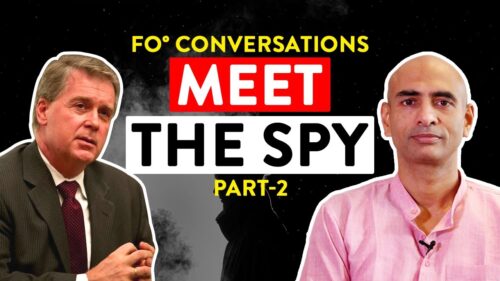
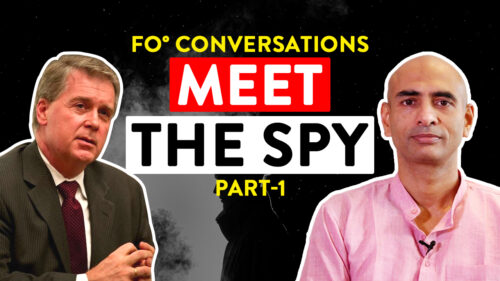
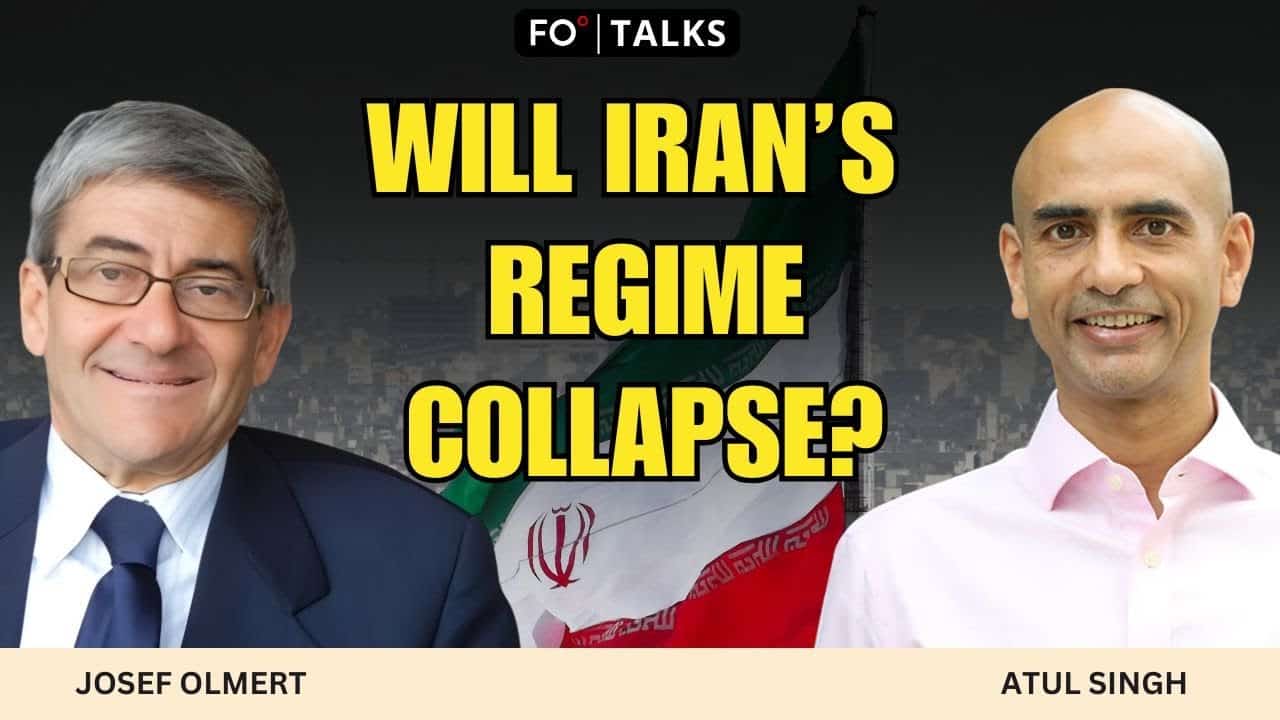








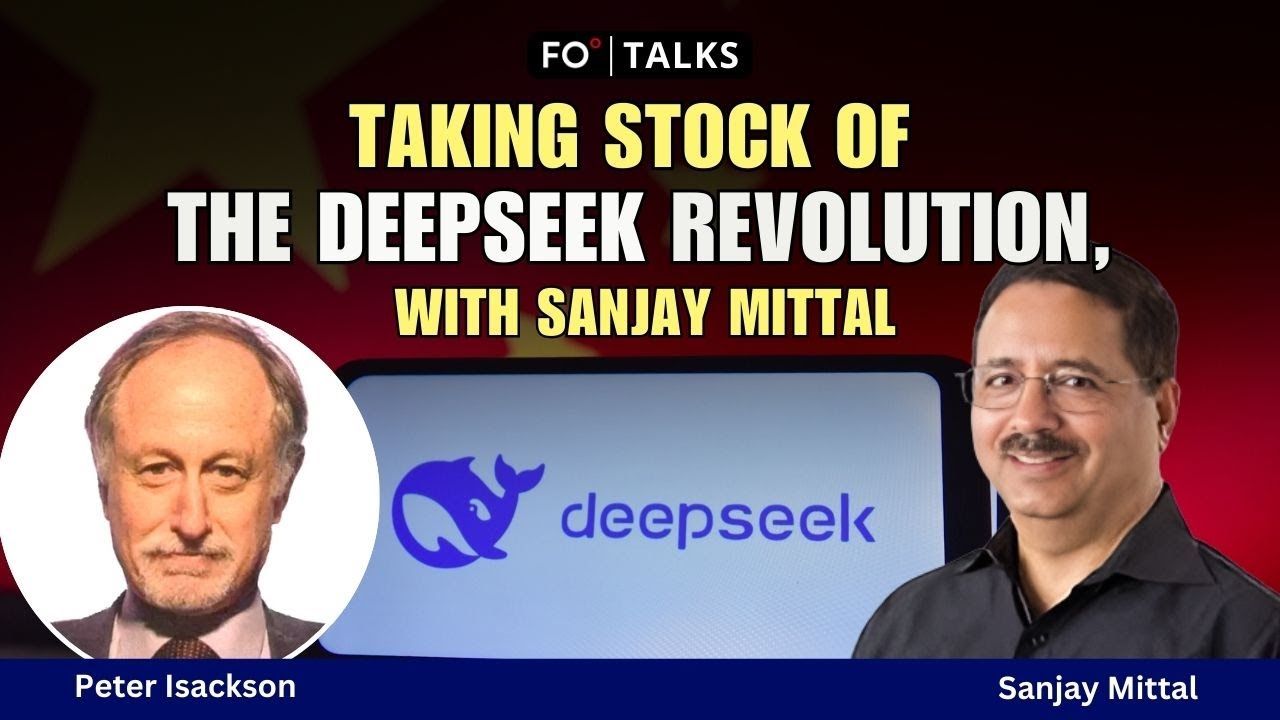

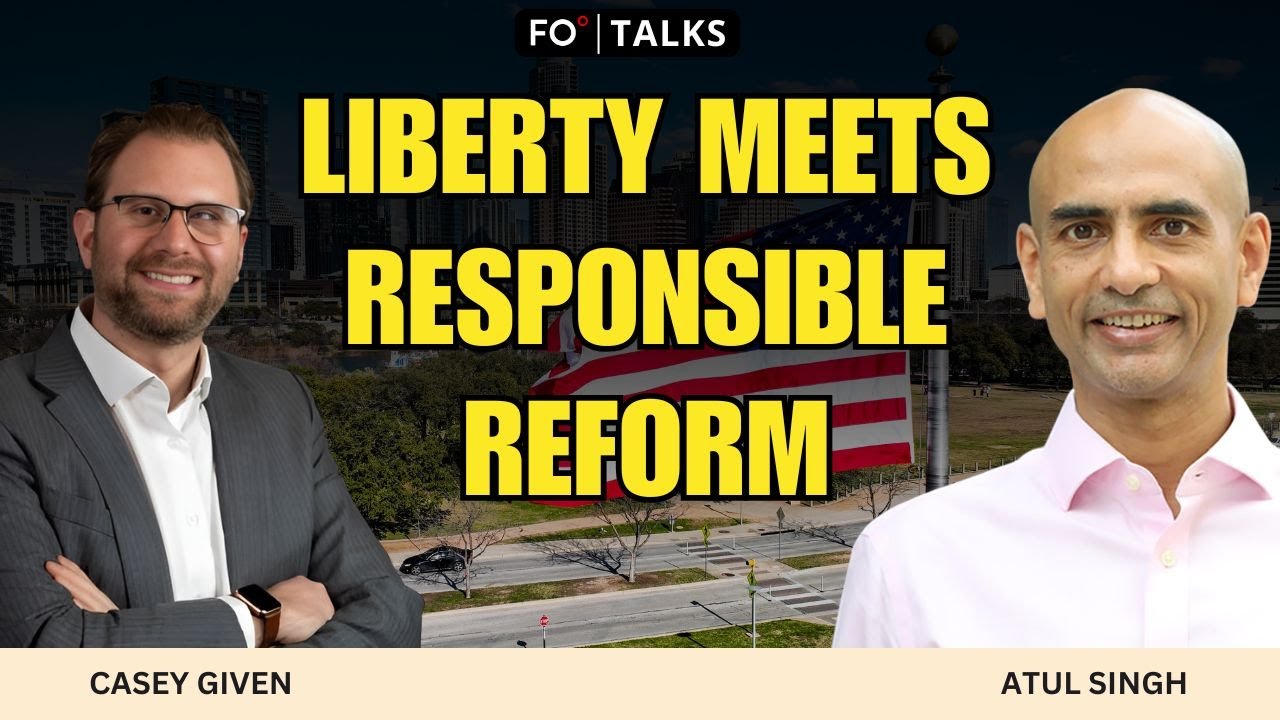





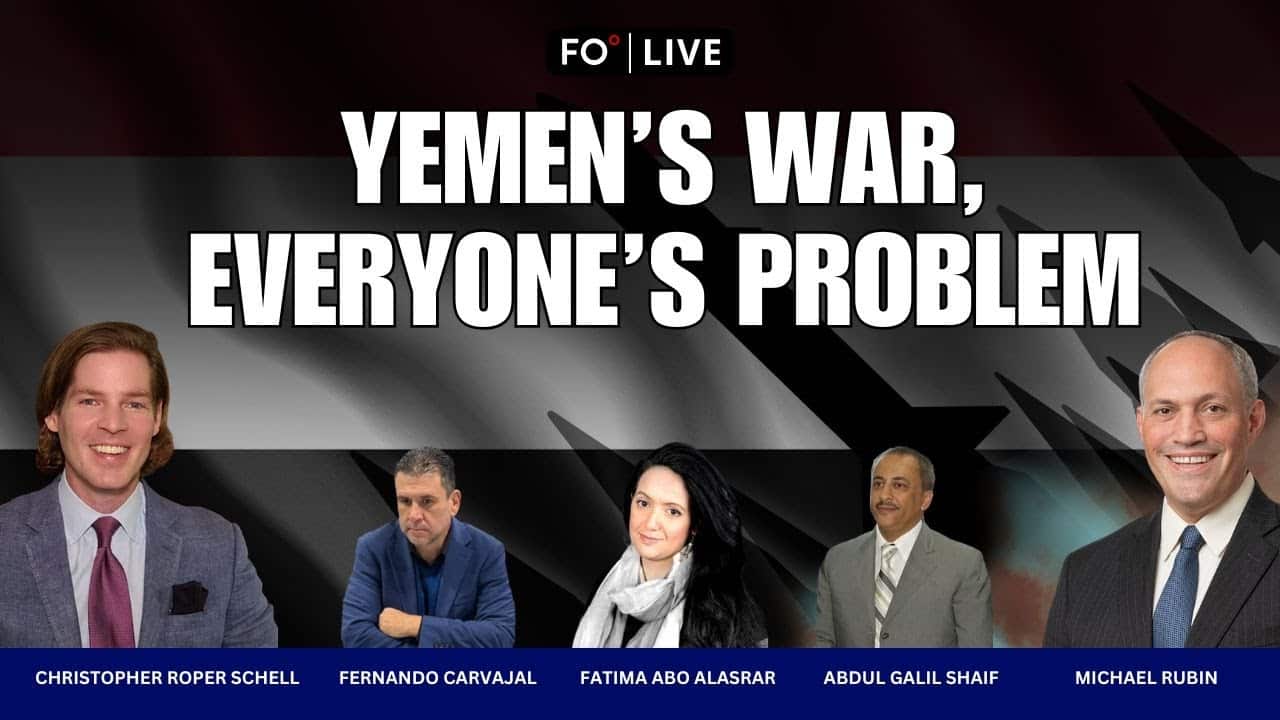



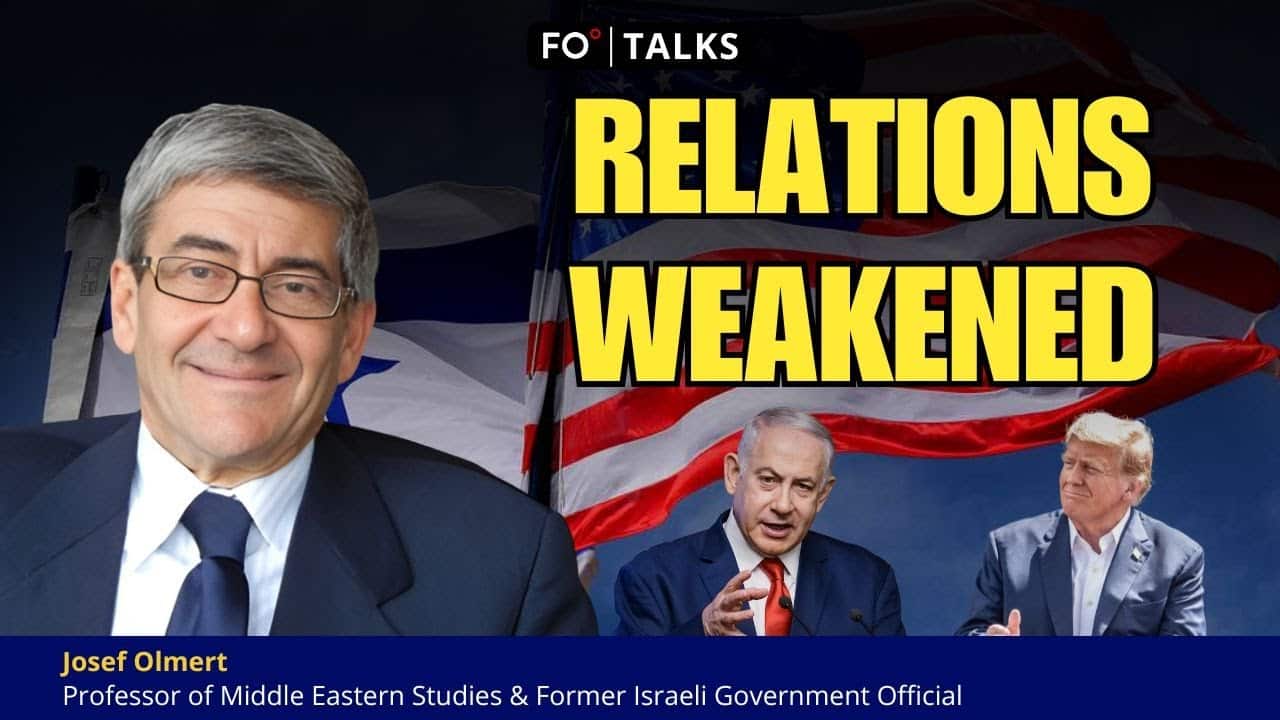


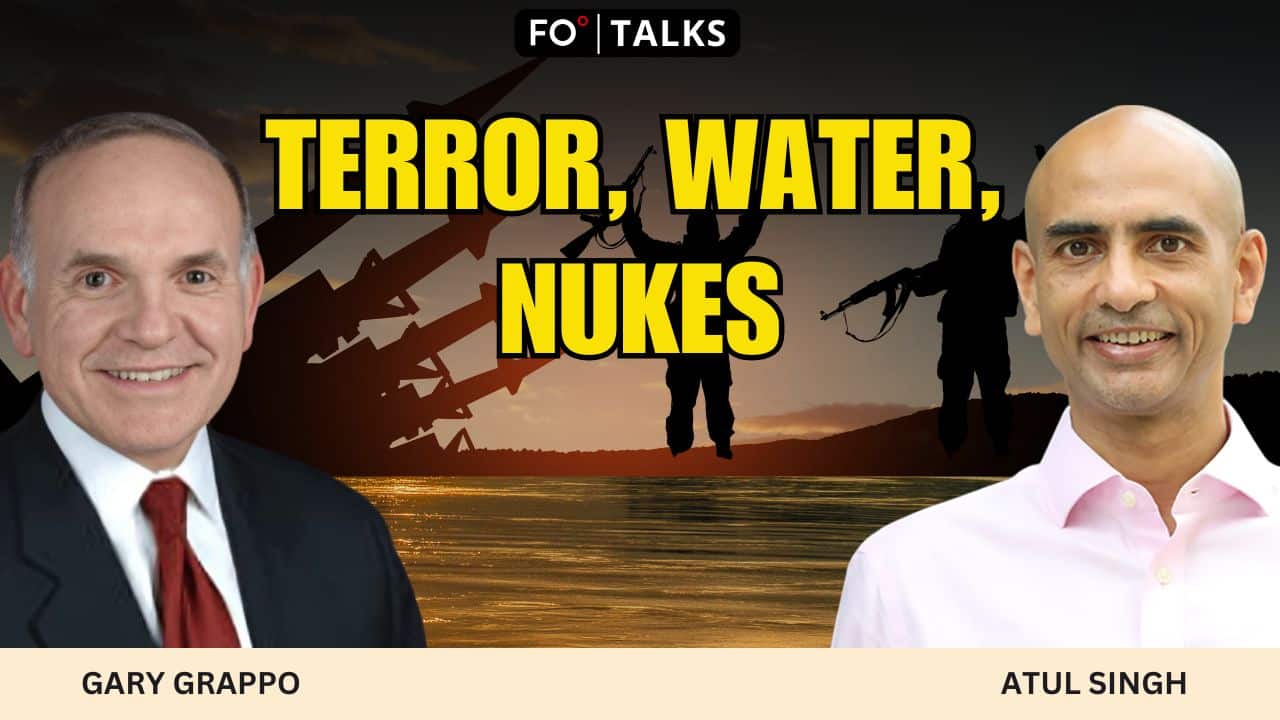



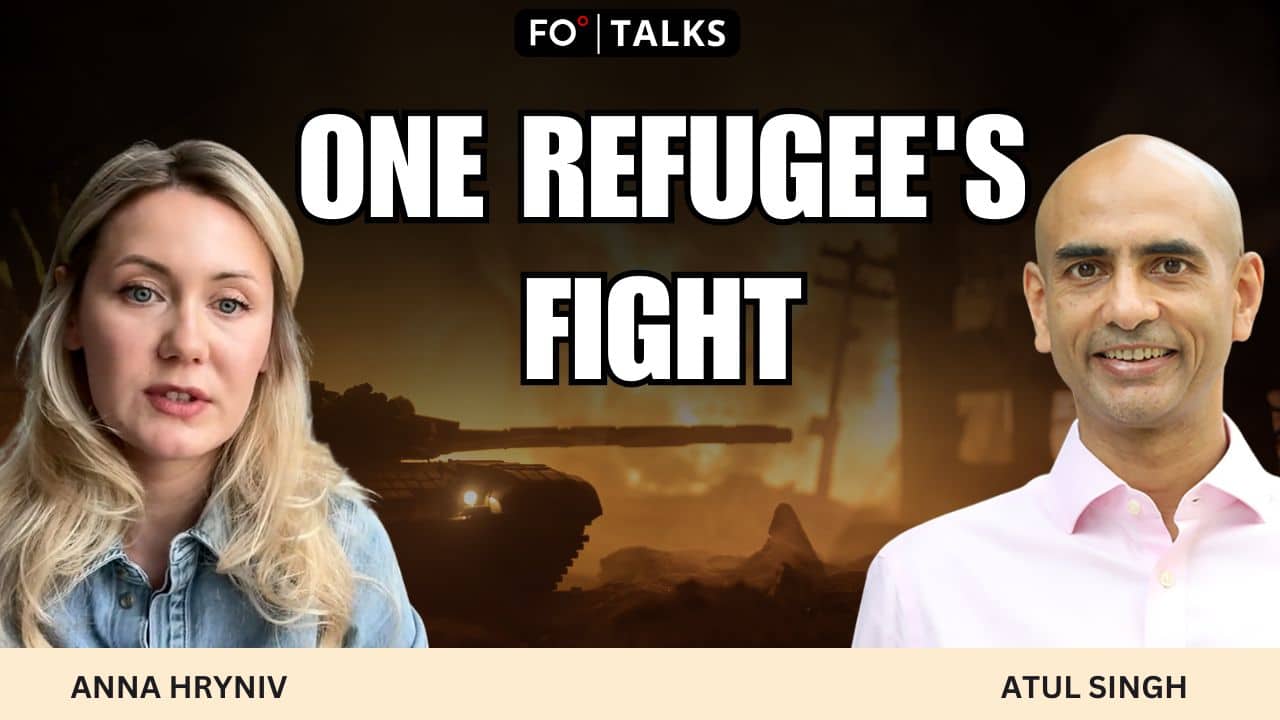

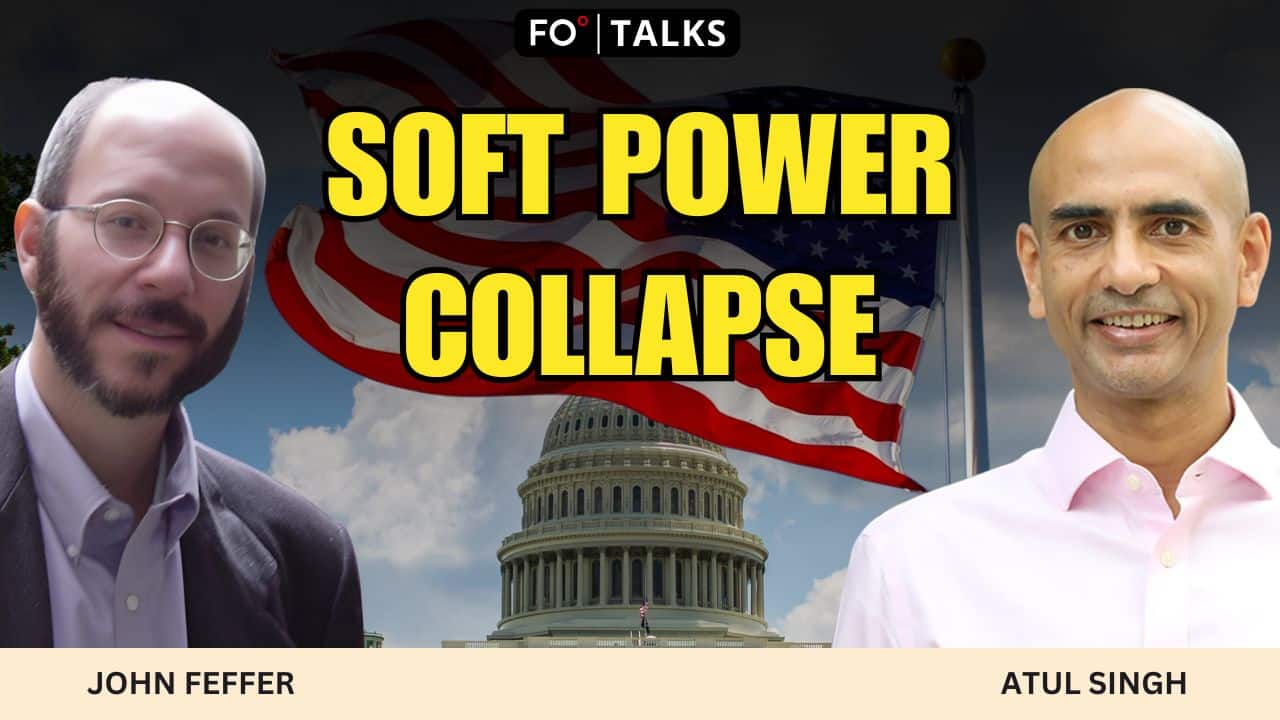

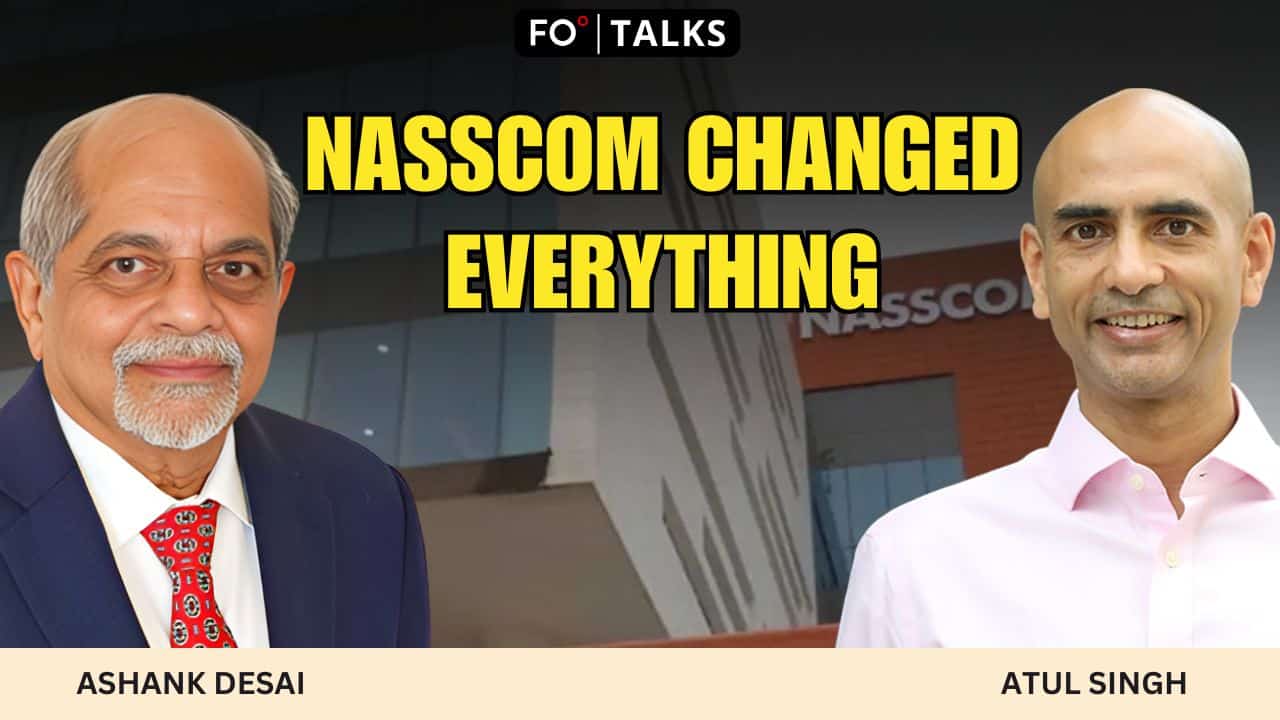


Comment